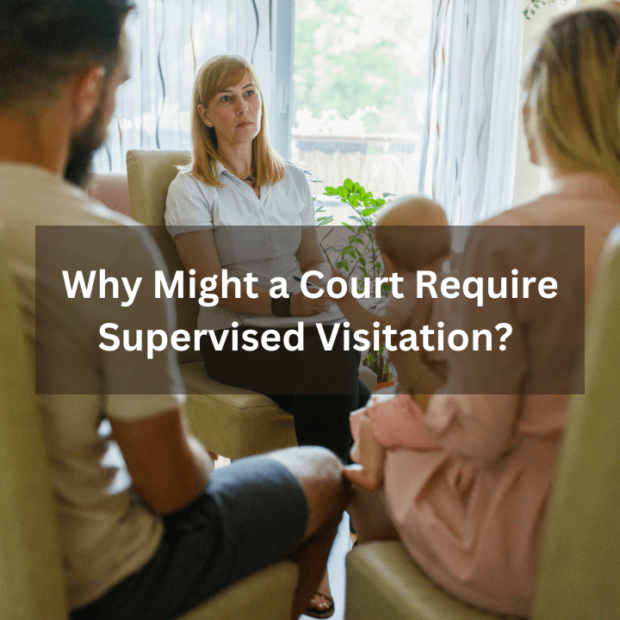Why Might a Court Require Supervised Visitation?
Family courts frequently struggle with the balance between a parent’s right to see their child and the need to make sure that the youth will be safe with a noncustodial father or mother who has engaged in risky behavior. Often, supervised visitation is viewed as a suitable compromise. In these situations, the judge appoints a neutral third party who must be present when the child spends time with their noncustodial parent.
There are several reasons why supervised visitation should be included in a parenting plan, such as:
- Criminal history — Domestic violence, child abuse, drunk driving and other types of criminal activity can have a direct effect on a youth’s well-being. Frequently, someone who is guilty of one these offenses must agree to supervised visitation in order to spend any time with their child at all. However, each situation is evaluated on its unique circumstances. Some types of nonviolent criminal behavior might not be considered sufficient grounds for supervised visitation.
- Substance abuse problem — Even if a parent has successfully managed their drug or alcohol addiction, a brief relapse could have dangerous consequences for their son or daughter.
- Fear of kidnapping — Parents who have not obeyed a custody order in the past could be subject to a supervised visitation provision. This is especially true when a legitimate fear that the parent will not return their son or daughter to their co-parent exists.
- Mental illness or incapacity — Mothers and fathers who are not fully healthy mentally can still be loving parents. However, having someone present during visits can guard the child against potential problems.
- Extended estrangement — Children who have not seen their noncustodial parent in a long time might not feel comfortable about spending time with them alone. Having a familiar, trusted person along could help make things easier after a period of parent-child estrangement.
If you believe that your co-parent might pose some type of risk to your son or daughter, you should bring these concerns immediately to your attorney. In many cases, an experienced attorney can negotiate mutually agreeable terms relating to supervised visitation and other parenting matters. Likewise, your lawyer can push back against a request for supervised visitation that you think is unwarranted.
Bryan L. Salamone & Associates, P.C. represents Long Island parents in negotiations over supervised visitation and other custody matters. We look at the individual circumstances in each situation and work to establish a parenting plan that truly is in your child’s best interests. Please call 1.631.479.3839 or contact us online to schedule a consultation with a proven New York family lawyer.






